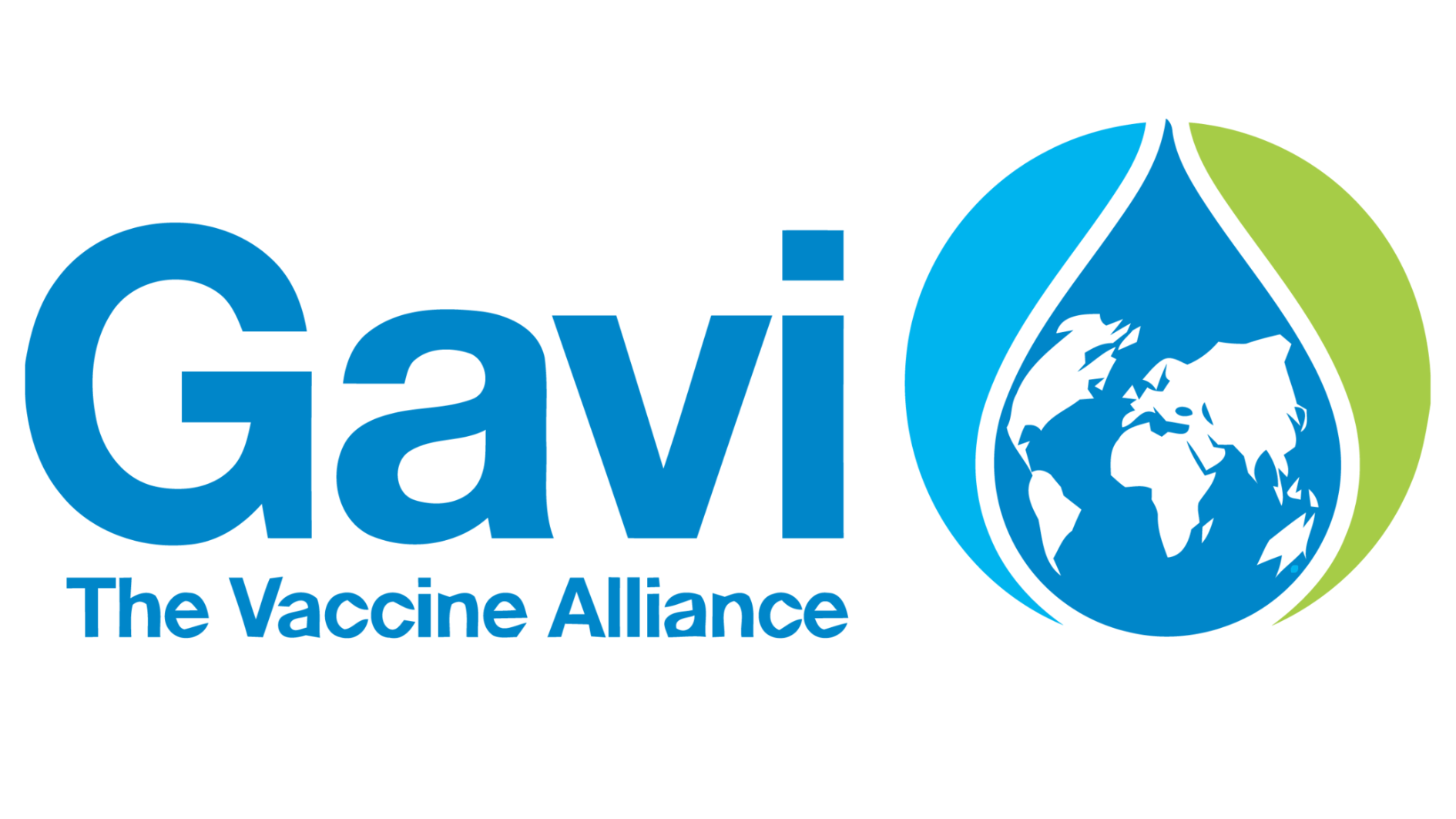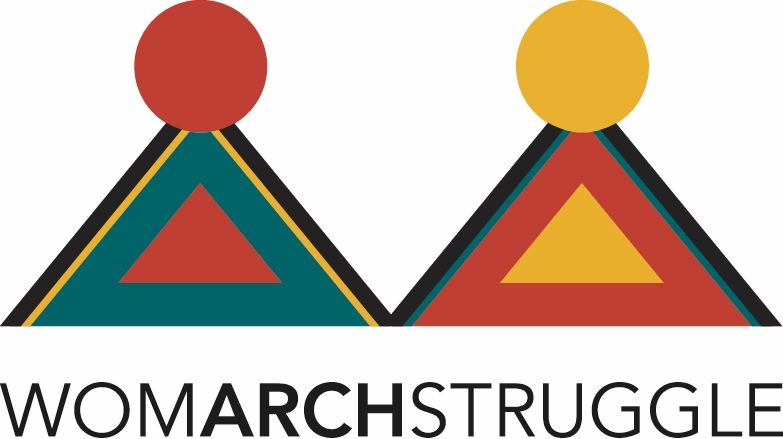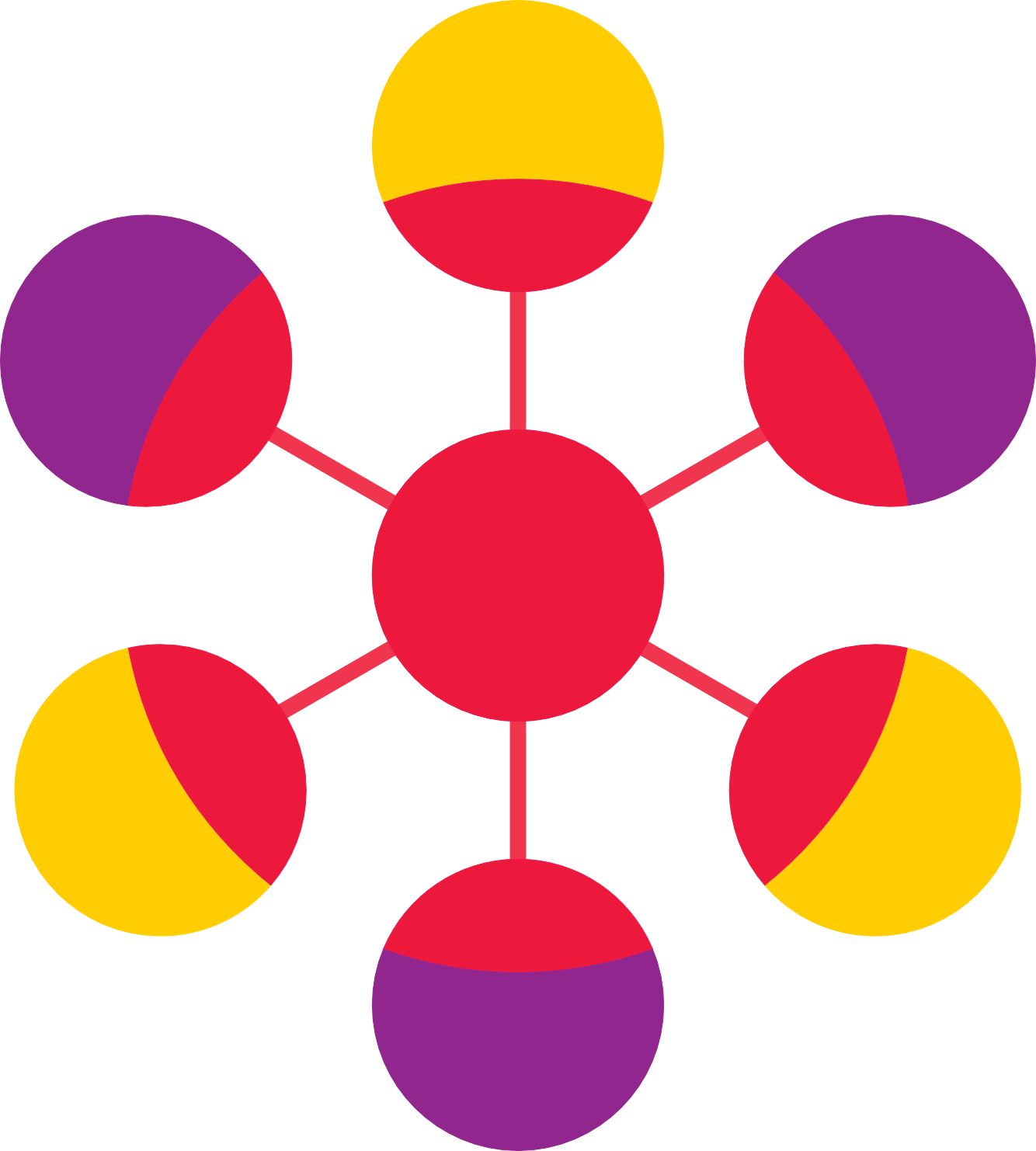Lista de Projetos
Esta é a lista de projetos disponíveis no sistema. Para saber mais detalhes sobre um projeto clique no seu nome ou imagem. Também pode procurar por um determinado projeto na caixa de pesquisa em baixo.
Página 2
Identificar e conceber intervenções que respondam às questões de género e que sejam transformadoras, de modo a que as barreiras enfrentadas pelos prestadores de cuidados de saúde no acesso aos serviços e pelos profissionais de saúde na prestação de serviços sejam efetivamente ultrapassadas na Guiné-Bissau e em São Tomé e Príncipe. A equipa do Iscte realizará uma avaliação das barreiras relacionadas com o género e trabalhará com o governo para elaborar, em colaboração, propostas de intervenção que serão integradas no programa de imunização e nos cuidados de saúde primários.
As soluções propostas irão abordar as barreiras sociais e estruturais que afectam a prestação de serviços de imunização e outros serviços de saúde às comunidades com baixas taxas de vacinação. A análise dos obstáculos e a consolidação das soluções propostas serão verificadas através de uma abordagem participativa com as partes interessadas que vivem e trabalham em zonas de baixa cobertura. Além disso, as intervenções devem ser integradas como parte do programa de saúde primária de cada país e reforçar a capacidade do sector da saúde para adaptar estas intervenções no futuro.
Informação do Projeto
2024-04-12
2024-12-31
Parceiros do Projeto
Há profissões como a arquitectura onde, apesar de tudo o que as mulheres conquistaram, uma hegemonia masculina persiste e não é muito permeável a revoluções de género. Este projecto exploratório visa identificar e descrever a luta das arquitectas na África de língua portuguesa pelo reconhecimento e representação da carreira, como consequência das desigualdades herdadas do passado colonial. A investigação tem continuamente colocado perguntas como: Quem eram as arquitectas que trabalhavam nos antigos territórios coloniais portugueses em África? Qual era a sua origem étnica? Qual era a sua origem profissional e educativa? Quais eram as suas lutas pelo reconhecimento profissional? Com a independência destes novos países, que papéis assumiram estas mulheres arquitectas? O projecto procura preencher uma lacuna na história dos países africanos colonizados por Portugal – Cabo Verde, Guiné-Bissau, S. Tomé e Príncipe, Angola, e Moçambique – abordando a condição das arquitectas precursoras entendidas como as primeiras profissionais a trabalhar nestes territórios. A oferta de trabalho durante o domínio colonial foi limitada às Obras Públicas Coloniais e aos escritórios familiares. A transição para a independência traria novidades, tais como programas de cooperação e a reforma dos serviços públicos. A investigação considerará estas mudanças na profissão e na cultura arquitectónica, questionando a forma como as mulheres sobreviveram e emergiram em condições de extrema vulnerabilidade laboral, no entanto, por vezes impondo-se pela falta de técnicos. O projecto irá registar 2 períodos históricos: 1953-1974, definidos pelo colonialismo tardio (desde a chegada da primeira arquitecta em África, até à independência africana); 1975-1985, caracterizado como o período pós-independência (a partir da transição governamental, até à primeira mulher formada no curso de Arquitectura na Universidade Agostinho Neto, em Angola). Diferentes tipos de carreiras serão abordados nesta linha cronológica...
Informação do Projeto
2023-03-01
2024-08-31
Parceiros do Projeto
- DINAMIA'CET-Iscte (CT) - Líder
- AHU - (Portugal)
- IPGUL - (Angola)
Informação do Projeto
2023-01-01
2026-12-31
Parceiros do Projeto
- DINAMIA'CET-Iscte (GEC)
- INGENIO [CSIC-UPV] - (Espanha)
- UPVLC - (Espanha)
- BOKU - (Áustria)
- WU - (Países Baixos (Holanda))
- URG - (França)
- ECVC - (Bélgica)
- OXFAM - (Bélgica)
- UVIC - (Espanha)
- CIC - (Itália)
- IHEID - (Suíça)
- FoEE - (Bélgica)
- AGROPERMALAB - (Polónia)
- CSIC - Líder (Espanha)
- CES-UC - (Portugal)
O projeto visa a elaboração do estudo nacional sobre as necessidades das pessoas lésbicas, gays, bissexuais, transgénero, intersexo e com outras identidades não cisgénero e não heterossexuais (LGBTI+) e sobre a discriminação em função da orientação sexual, identidade e expressão de género e características sexuais (OIEC). Integra três componentes: i) uma revisão da literatura nacional e internacional com vista a conhecer o fenómeno da discriminação em função da OIEC; ii) uma análise da situação de discriminação em função da OIEC e das necessidades das pessoas LGBTI+ na sociedade portuguesa atual, a partir de entrevistas e grupos focais com associações e estruturas representativas e/ou que trabalham com pessoas LGBTI+, bem como de dados disponibilizados pelas estruturas de atendimento a vítimas de violência doméstica e de género LGBTI+; e iii) uma análise do quadro legal nacional sobre “crimes” e “discurso de ódio” à luz das recomendações do Conselho da Europa, da Agência para os Direitos Fundamentais (FRA) da União Europeia e da Organização para a Segurança e Cooperação na Europa (OSCE). O projeto contempla a formulação das principais conclusões e recomendações relativas às temáticas abordadas, de modo a sustentar as políticas públicas dirigidas à população LGBTI+.
Informação do Projeto
2021-08-04
2022-03-31
Parceiros do Projeto
The rise of political extremes, mostly right-leaning, is the most important European development of the 21st century due to its potential to undermine the continent’s integrity and security. One of the contexts in which such political extremes originate, develop, and thrive is among a group of football fans known as ultras. Ultras have become the most spectacular form of football fandom, showcasing violence, politics, masculinity, and a fervent support of the club, which has been demonstrated by several case studies, undertaken in a variety of settings.
The case study chosen to conduct this analysis was Portugal, where, despite the size of the phenomenon, ultra activism has not received much attention from researchers or policymakers. Over the last two decades, there have been increasing demonstrations of violence related to football fandom, including threats, destruction of public and private property, players’ cars, firm buses, etc.
ULTRA-VIOLENCE’s specific research objectives are:
RO1. To map the themes populating the ultra world and the types of activism in which ultras are involved in through a digital ethnography
RO2. To identify the micro-, meso-, and macro-level processes that shape individual pathways through the ultra world. This will be achieved by examining how football fandom and activism are intertwined in the material and intellectual paraphernalia produced by ultras and by analysing the life stories of current and former, male and female ultras, using the intersectionality of peace framework.
RO3. To understand the policing and securitisation of football fandom in Portugal and their implications regarding processes of radicalisation towards the commission of violence in the ultra community.
RO4. To produce knowledge for practitioner and policymaker audiences at European level to enhance their understanding and appreciation of how to invest in prevention and intervention strategies in the context of ultra violence and ultra activism.
Informação do Projeto
2020-09-01
2021-08-31
Parceiros do Projeto
Página 2

 English
English




